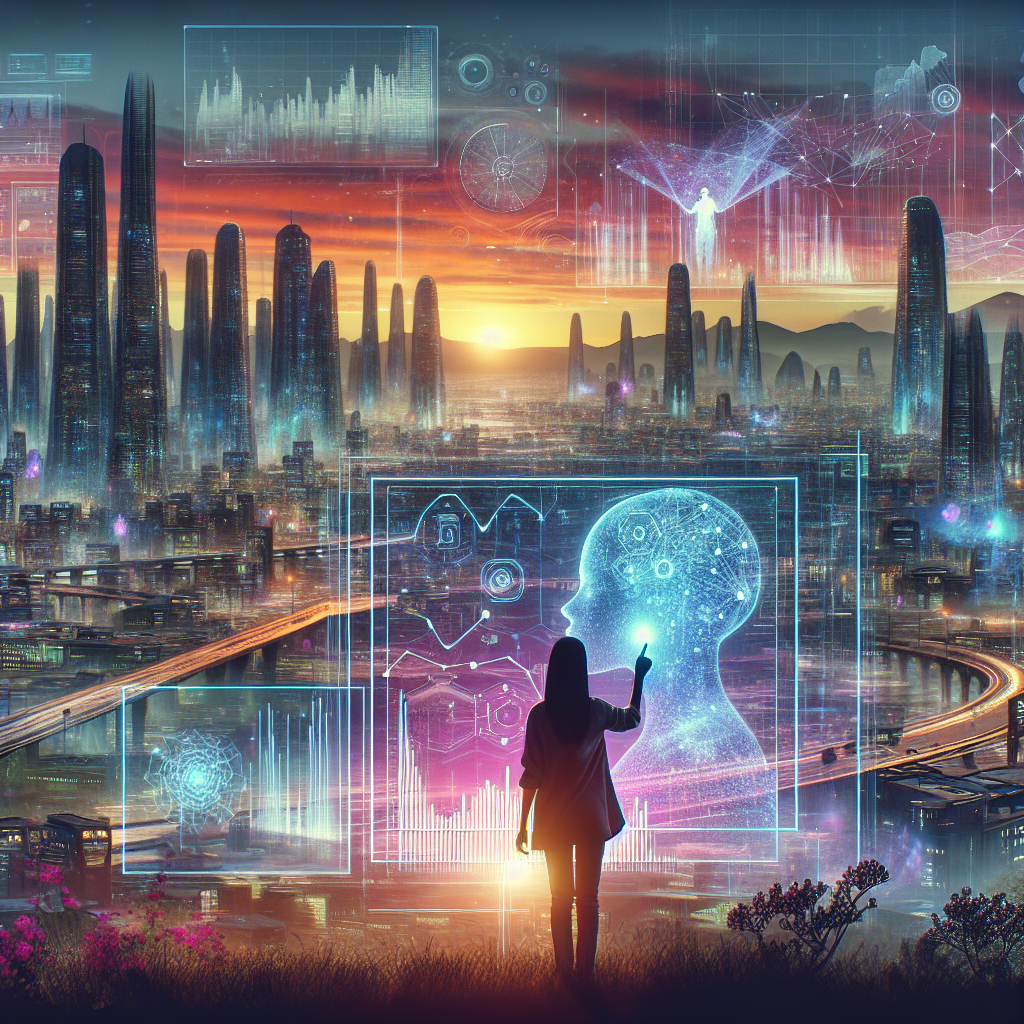Fix today. Protect forever.
Secure your devices with the #1 malware removal and protection software
Generative AI, a cutting-edge technology that uses algorithms to create original content, is revolutionizing the way we think about creativity. From writing stories to composing music, generative AI has shown remarkable potential in a wide range of creative fields. As this technology continues to evolve, many are excited about the possibilities it holds for the future of human expression.
One of the most exciting aspects of generative AI is its ability to generate content that is truly original. By analyzing vast amounts of data and learning patterns, these algorithms can create unique and innovative works of art that push the boundaries of what we thought was possible. This opens up a world of possibilities for artists, writers, musicians, and other creators who are looking for new ways to express themselves.
In the world of visual arts, generative AI has been used to create stunning pieces of digital art that challenge our perceptions of reality. By combining images, textures, and colors in ways that are impossible for humans to imagine, these algorithms are able to generate artwork that is both visually striking and thought-provoking. This has led to the emergence of a new wave of artists who are exploring the potential of generative AI as a tool for artistic expression.
In the field of literature, generative AI has been used to write stories, poems, and even novels. By analyzing existing works of literature and learning the intricacies of language, these algorithms are able to generate compelling narratives that captivate readers. This has sparked a debate about the role of AI in the creative process, with some arguing that it could revolutionize the way we think about storytelling.
In music, generative AI has been used to compose original pieces that push the boundaries of traditional composition. By analyzing musical patterns and structures, these algorithms are able to create music that is both innovative and emotionally evocative. This has led to the emergence of a new genre of music known as “AI-generated music,” which has garnered a following among music enthusiasts and critics alike.
As generative AI continues to evolve, the possibilities for creativity are endless. From creating new forms of art to revolutionizing the way we think about storytelling and music, this technology has the potential to change the way we express ourselves as human beings. While there are still many challenges to overcome, the future of generative AI looks bright, and we can expect to see even more groundbreaking creations in the years to come.
Fix today. Protect forever.
Secure your devices with the #1 malware removal and protection software

Leave a Reply
You must be logged in to post a comment.